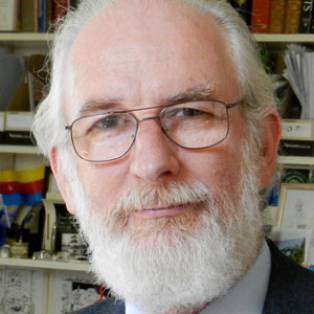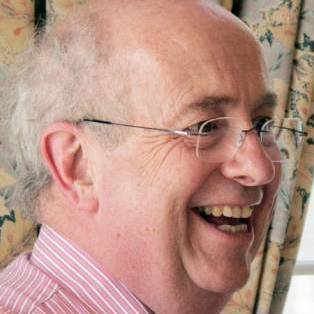{related_entries id="evnt_auth_1"} {/related_entries}, {related_entries id="evnt_auth_2"} {/related_entries} and {related_entries id="evnt_auth_3"} {/related_entries} .
Chaired by {related_entries id="evnt_chair"} {/related_entries}
I’m Right, You’re Wrong
Tuesday 24 March 2015
5:00pm
1 Hour
Duration{related_entries id="evnt_loca"}I’m Right, You’re Wrong{/related_entries}
Venue£12
Ticket priceWhat should we make of irreconcilable differences in point of view between individuals or societies over morality, politics, religion, art, or science? Can one side be right and the other wrong if neither side can convince the other? Many people fear that such an absolutist attitude leads to intolerance. They are attracted by the idea that there is no absolute truth of the matter. Such relativism is influential in contemporary culture, including schools and universities. But does it really make sense to be a relativist about one’s own beliefs? How can a relativist believe anything? These questions are debated in Professor Timothy Williamson’s new book Tetralogue: I’m Right, You’re Wrong. In this open-ended conversation, he discusses their significance with the philosopher Amia Srinivasan and the academic and author Richard Scholar.
Williamson is the Wykeham Professor of Logic at New College Oxford. He writes for the Times Literary Supplement. Scholar is author of Montaigne and the Art of Free Thinking and a fellow and tutor in French at Oriel College, Oxford. Srinivasan is interested in the moral and political implications of the limitations of human knowledge, and she too writes for the London Review of Books. She is about to move from All Souls to University College London. Discussions will be chaired by broadcaster David Freeman.





